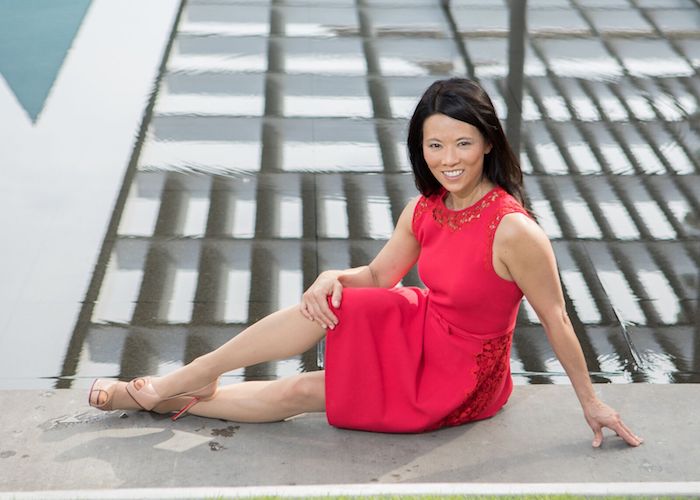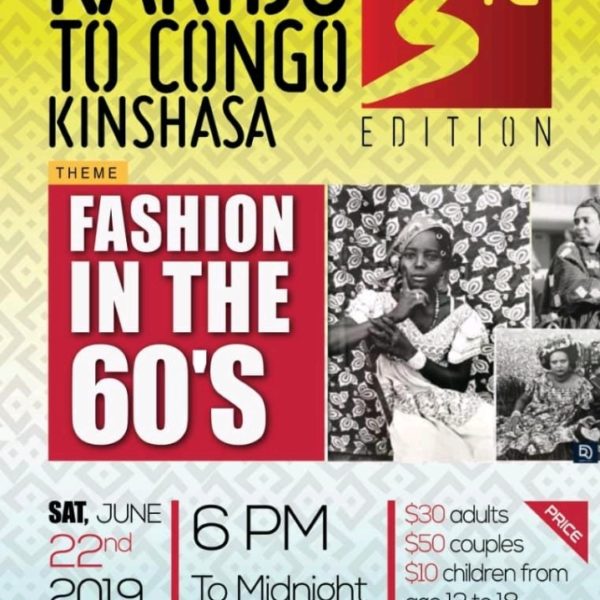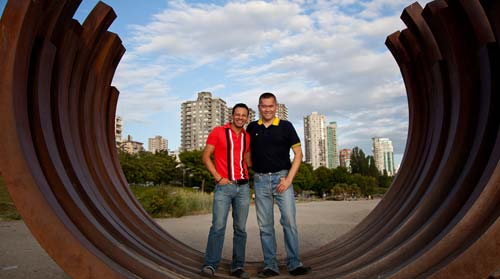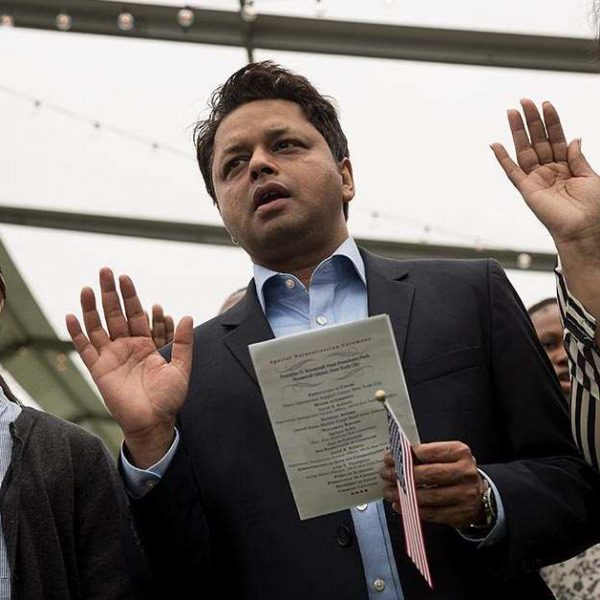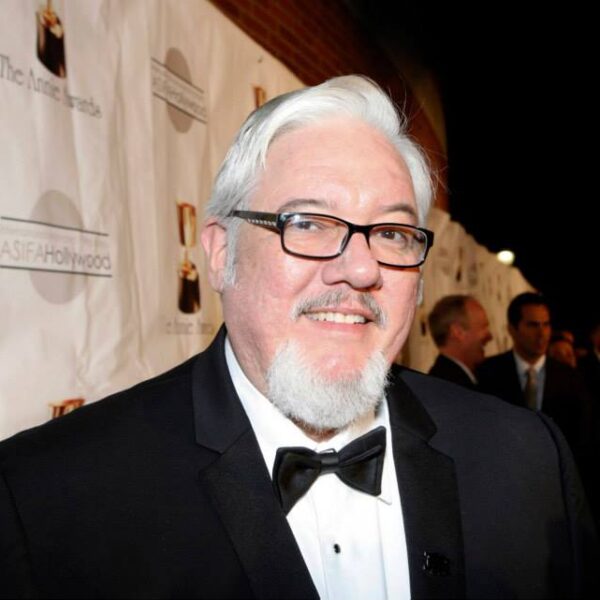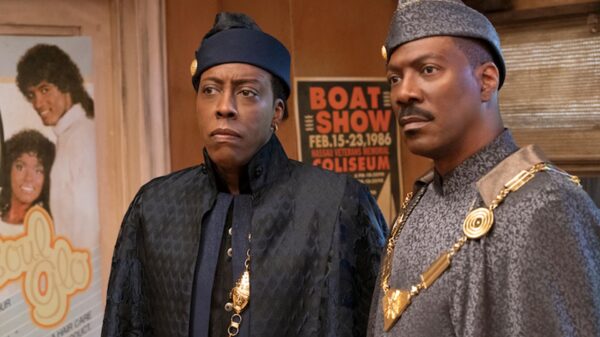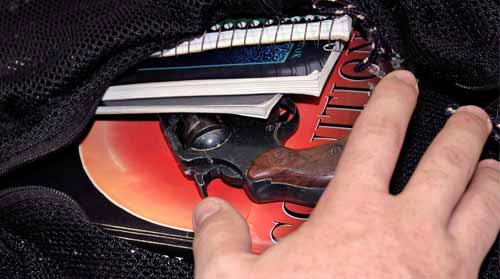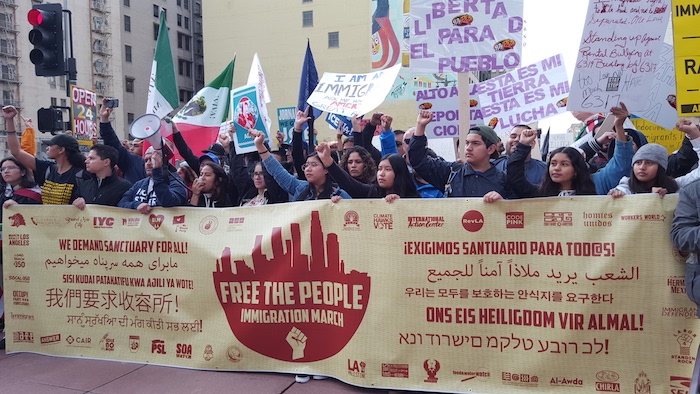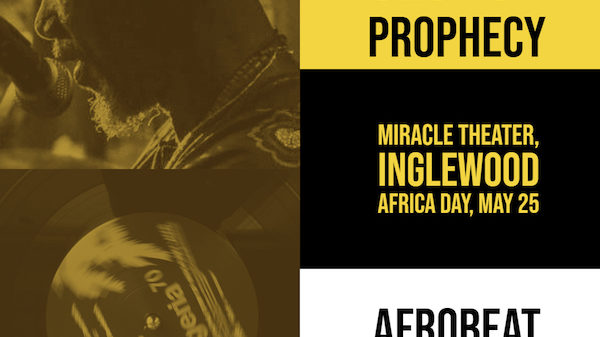Chiufang Hwang, M.D. is a Taiwanese-born doctor and fitness advocate who embarked on a journey to become a Dallas Cowboys cheerleader at age 50. But while she’s achieved the immigrant-child-makes-good American dream, the road from South Carolina to medical school was a gritty one. She shares her deeply inspiring and moving journey with The Immigrant Magazine.
Magazine,The Immigrant Experience
Hwang arrived in the United States from her native Taiwan at the age of two so her father could pursue his academic dreams in this country. But as one of the only Asians in her school and neighborhood in Columbia, South Carolina, Hwang quickly learned that she was an outsider in her adopted country. Neither black nor white, she straddled the two populations, yearning to immerse herself in the Deep South culture, longing to fit in. As she attempted to assimilate, her journey to becoming an American was often a difficult one, but she was successful thanks to those who embraced her, despite her differences.
Hwang has written two books – Finding Janine and Grown-Up Child – about her journey to discover what it means to be American, offering a unique perspective on how our country’s greatest cultural strength is its ability to embrace and assimilate the ethnic diversity that has been integral to our history from the beginning. Here she shares some of her insights on Americans’ understanding of immigrants and their impact on our society.
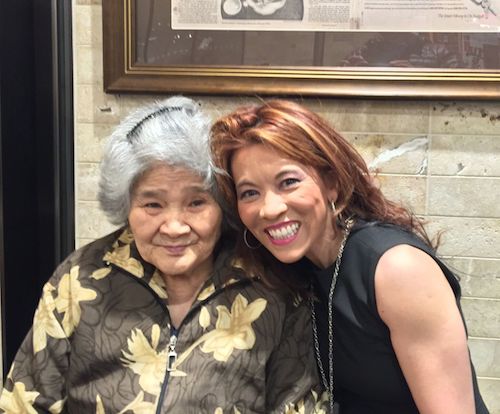 A Family Focus
A Family Focus
Shy and isolated, Hwang’s life was centered on her family and home, which she was expected to help run. Hwang’s family only spoke Taiwanese at home, so she learned English at school, along with a host of colloquialisms and colorful cussing from her peers along the way. While the lingo helped her in the adult role she assumed by default – negotiating rent, writing letters, and reviewing important papers – as well as fit in with her friends, she also understood that it was deemed unacceptable in the white collar community she one day hoped to join. Her responsibilities at home and frequent moves from town to town routinely took Hwang away from her studies as well, impacting her ability to read at a level that was grade-appropriate. And as an obedient child with little to no freedom, she also missed out on rites of passage like school dances and high school football games.
Attempts at Connection
One of the ways Hwang attempted to assimilate was by absorbing pop culture through television, music, and her babysitters. Pop culture also served to bridge the gap between Hwang and her peers. In the 70s when Hwang was in grade school, she recalls other kids often approaching her with a karate chop, punctuated by “Hong Kong Phooey,” a phrase borrowed from a popular cartoon at the time. Hwang didn’t know karate, but she recognized that the rise of Bruce Lee and other martial artists entering mainstream American culture was a way for students to try to connect with her by finding common ground. She didn’t feel their actions were derogatory. Rather, she thought they were sincere attempts at understanding and inclusion.
Inclusion Amidst the Great Divide
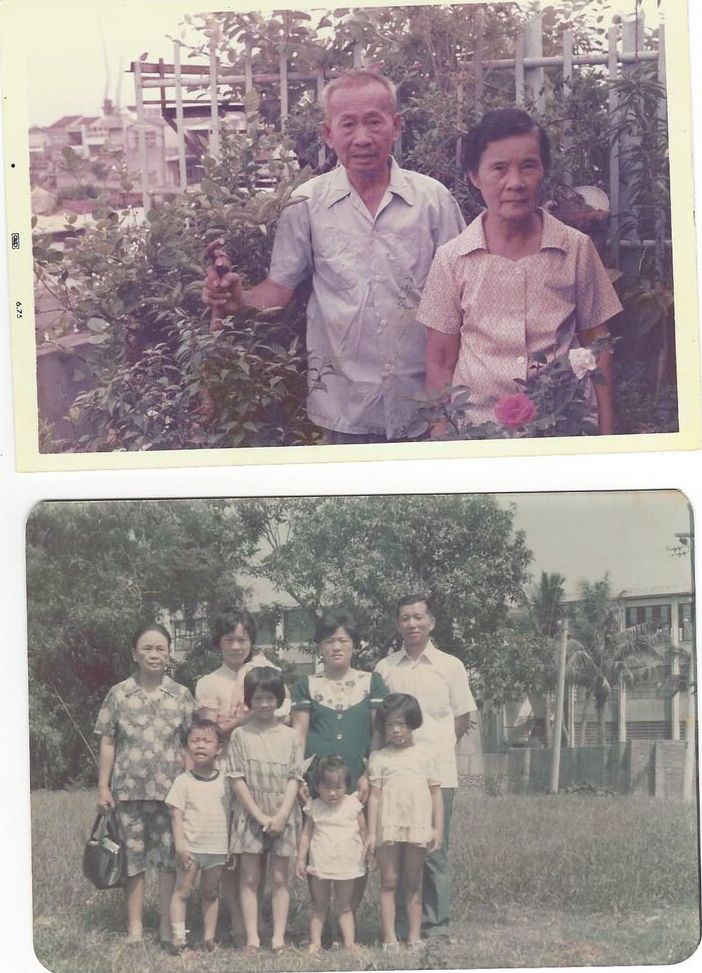 While always the token Chinese girl, a novelty of sorts, the diverse communities where Hwang grew up helped her feel less like an outsider. When Hwang was growing up, she was a minority among minorities in the South, yet embraced by both the black and white communities despite the divide that separated them. Her best friend in middle school was a black girl named Janine. Hwang was small and petite, or a “shrimp” as some of the kids called her. And in the midst of the headline-making kidnappings and the faces of missing children that adorned milk cartons, Janine provided protection, serving as Hwang’s bodyguard. Janine also taught Hwang about the black culture – how to cop an attitude, dance, talk, and have swagger – that continue to influence her today.
While always the token Chinese girl, a novelty of sorts, the diverse communities where Hwang grew up helped her feel less like an outsider. When Hwang was growing up, she was a minority among minorities in the South, yet embraced by both the black and white communities despite the divide that separated them. Her best friend in middle school was a black girl named Janine. Hwang was small and petite, or a “shrimp” as some of the kids called her. And in the midst of the headline-making kidnappings and the faces of missing children that adorned milk cartons, Janine provided protection, serving as Hwang’s bodyguard. Janine also taught Hwang about the black culture – how to cop an attitude, dance, talk, and have swagger – that continue to influence her today.
Welcome Stereotypes
Hwang never felt any racial discrimination even though most of her classmates had never seen an Asian before. Even though she was a tiny Chinese girl a year younger than most, when kids called Hwang nicknames like “shrimp,” she never felt they were trying to bully her or put her down. Instead, Hwang believed the terms were endearing and, frankly, she liked the attention. And, sometimes, she even found the words complimentary, like when other students made comments about Hwang being smart or good at math, simply because she was Chinese. At the time, the United States was welcoming an influx of intelligent immigrants, valued for their ability to bolster the country’s innovation and standing in the world. So for Hwang, who ended up pursuing a career in medicine, the stereotype was a welcome one, since she wanted to set herself apart by her intelligence and drive.
Achieving the American Dream
As an immigrant, Hwang knew her upbringing was different than most in her southern community, but that didn’t stop her from sharing the aspirations of her fellow Americans. Her family was broke (for a time, they lived in a trailer and bought groceries with food stamps) and her parents’ relationship was in turmoil, yet she strove for something better for herself. Despite the obstacles she faced, with perseverance, Hwang created her own opportunities, graduating from the University of Texas School of Medicine and following it up with a residency in psychiatry and fellowship in child and adolescent psychiatry.
Coming Full Circle
While Hwang’s Old World parents chose a culturally insular life, procuring food from private gardens with Asian vegetables, socializing with only Taiwanese, talking native politics, and clinging to the customs and languages of Taiwan, to Hwang, her homeland was a foreign place. Instead, the South where Hwang was raised is the place she called home. Today, Hwang and her husband still live in the South, where she continues to speak with her tough-talking, down-home dialect. And in the Dallas community where she lives and works, Hwang serves a predominately black patient population, bringing to her practice a deep understanding of the people and their culture.
The Next Generation
As an outsider, Hwang respected her Taiwanese heritage but longed to immerse herself in American culture. Her two grown children, however, share a different attitude. Aided by a myriad of ancestry tools, like many second and third generation children of immigrants today, they want to explore their roots and the culture that has shaped their lives, and continues to today. They yearn to know not just where they came from, but to gain a sense of identity while preserving their family’s history. And Hwang’s two memoirs serve an important role in their quest.
 As an immigrant, Hwang’s experiences as an outsider striving to fit in shaped her upbringing and greatly influenced where she is today. And even now, in her fifties, she continues to witness attempts at inclusion. Just recently, Hwang stepped into a retail shop on Chinese New Year, an event that had been covered at length in the morning’s edition of the Dallas Morning News. Hwang was greeted by an American worker wishing her a Happy New Year and noting the significance of the color red for “luck.” It was yet another attempt at understanding even though America’s population is larger and more diverse than ever before. Yet it is the melting pot that is America that has defined this country since its beginning, and will further the dreams of all of those who step on its soil.
As an immigrant, Hwang’s experiences as an outsider striving to fit in shaped her upbringing and greatly influenced where she is today. And even now, in her fifties, she continues to witness attempts at inclusion. Just recently, Hwang stepped into a retail shop on Chinese New Year, an event that had been covered at length in the morning’s edition of the Dallas Morning News. Hwang was greeted by an American worker wishing her a Happy New Year and noting the significance of the color red for “luck.” It was yet another attempt at understanding even though America’s population is larger and more diverse than ever before. Yet it is the melting pot that is America that has defined this country since its beginning, and will further the dreams of all of those who step on its soil.
Finding Janine can be purchased online through SDP Publishing, Amazon, Barnes and Noble and other retailers. Dr. Hwang previously published the books Grown-Up Child and American Sweetheart: Still Not Making the Team. For more information about Dr. Chiufang Hwang, visit www.chiufang.com or connect with her on Instagram and Twitter.

